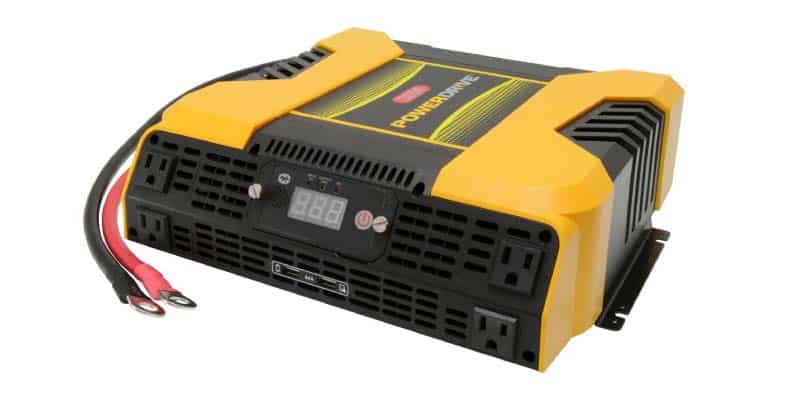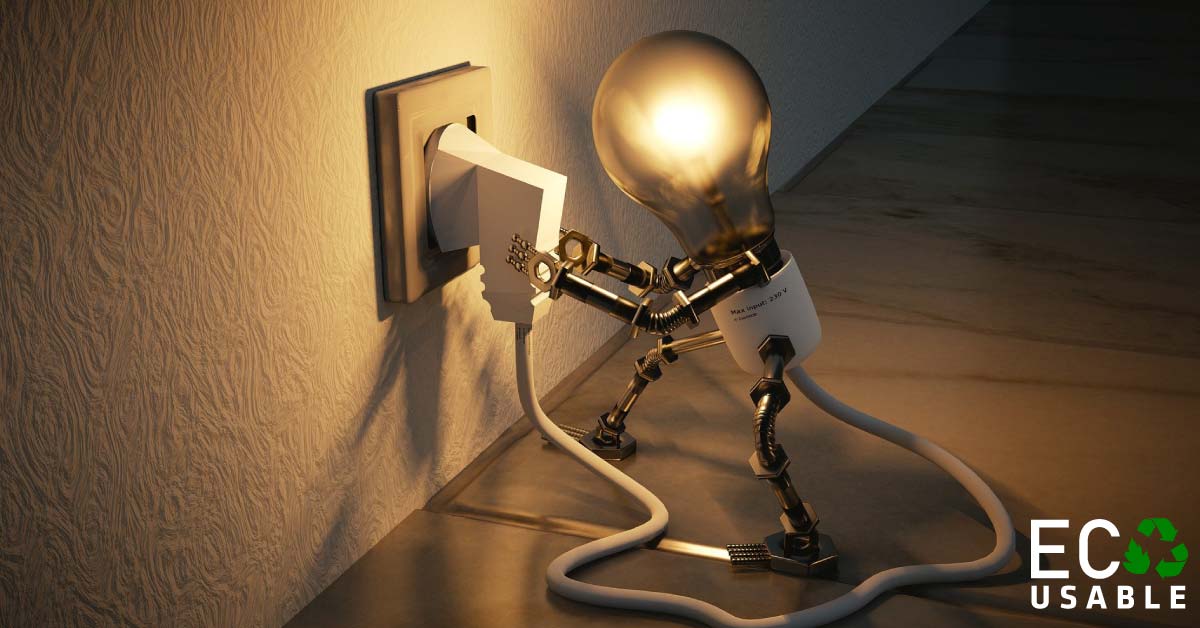To clean up generator power, you will need to purchase a commercial cleaning solution designed specifically for this purpose. You will also need to rent or purchase a high-pressure washer. Once you have these items, follow the instructions on the cleaning solution bottle and use the washer to spray down the generator.
Start at the top and work your way down. Be sure to rinse the generator thoroughly afterwards.
- Before cleaning up the generator power, make sure to disconnect it from the main power source
- Once it is disconnected, use a clean cloth or brush to remove any dirt or debris from the exterior of the generator
- Next, use a mild soap and water solution to clean the outside of the generator
- Be sure to rinse it off completely afterwards
- To clean the interior of the generator, start by removing any build-up on the coils and surfaces with a brush or toothpick
- Once all the build-up has been removed, use a damp cloth to wipe down all surfaces inside the generator unit
- Allow it to dry completely before reconnecting it to power source

Credit: www.archute.com
How Do You Clean Up Dirty Power?
How do you clean up dirty power?
There are a few ways to clean up dirty power, depending on the source of the pollution. If the pollution is coming from a single source, like a factory or power plant, then it may be possible to install scrubbers or other devices to filter out the pollutants before they are released into the air.
Alternatively, if the pollution is coming from many different sources, like cars and trucks, then it may be necessary to implement regulations that require cleaner-burning engines or fuel.
Do Generators Produce Dirty Electricity?
There is a lot of misinformation out there about generators and dirty electricity. So, let’s set the record straight. Do generators produce dirty electricity?
The answer is no. Generators are actually very efficient at producing clean, safe power. In fact, they are required by law to meet strict emissions standards.
However, there are some things you need to be aware of when using a generator. First, if you are using a gas-powered generator, make sure it is properly ventilated to avoid carbon monoxide poisoning. Second, never operate a generator inside your home or garage – the fumes can be deadly.
Finally, make sure to keep your generator dry and away from any open flames to prevent fires.
If you follow these simple safety tips, you’ll be able to enjoy clean, safe power from your generator for years to come!
Why is a Generator Considered Dirty Power?
A generator is considered dirty power for a few reasons. One reason is that generators produce emissions that can be harmful to the environment and human health. Additionally, when generators are not properly maintained, they can release pollutants into the air and water.
Finally, generators can also create noise pollution.
Do Generators Have Clean Power?
There is a lot of misinformation out there about generators and whether or not they have clean power. The truth is, it depends on the type of generator you have. Some generators, like wind turbines or solar panels, are clean sources of energy.
Others, like coal-fired power plants, are not.
If you’re wondering whether your generator has clean power, the best way to find out is to consult the manufacturer. They should be able to tell you what fuel source the generator uses and how clean it is.
Cleaning up the “dirty” sine wave from a non inverter generator. This is part 1, proof of concept.
Ups to Clean Generator Power
If you have a generator, you know that it’s important to keep it clean. Not only does this ensure that it lasts longer, but it also allows it to run more efficiently. Here are some tips on how to keep your generator clean and running smoothly:
1. Check the air filter regularly and clean or replace it as needed. A dirty air filter can restrict airflow and cause the engine to overheat.
2. Inspect the spark plugs and wires regularly and replace them if they are damaged or worn.
This will help prevent misfires and ensure that the engine is running at peak performance.
3. Keep the area around the generator clean and free of debris. This will help improve ventilation and prevent potential fire hazards.
4. Run the generator for a few minutes each month to keep it in good working condition.
How to Clean Up Dirty Power
In today’s world, more and more people are using devices that require clean power. This means that the electricity running through your home or office needs to be free of any dirt, debris or other contaminants. If you’re not sure how to clean up dirty power, fear not!
Here are some simple tips to help you get started:
1. Unplug all devices from their power source. This includes computers, TVs, printers and any other electronics.
2. Using a vacuum with a hose attachment, thoroughly clean all outlets, switches and cords. Be sure to get into all the nooks and crannies!
3. Once everything is unplugged and vacuumed, use a damp cloth to wipe down all surfaces.
Pay special attention to light fixtures and wall plates.
4. Finally, plug everything back in and enjoy your clean power!
How to Stabilize Portable Generator Power
If you’re like most people, you probably don’t think about your portable generator until the power goes out. But if you live in an area that is prone to hurricanes, tornadoes, or other severe weather, it’s a good idea to be prepared. Here are some tips on how to stabilize portable generator power so that you can keep your lights on and your family safe during a storm:
1. Make sure that your generator is properly grounded. This will help prevent surges and spikes in electrical current that can damage sensitive equipment.
2. Use a surge protector for additional protection against power fluctuations.
3. If possible, connect your generator directly to your home’s main electrical panel. This will provide the most stable source of power and will minimize the risk of damaging appliances or electronics.
4. Fill up the gas tank before the storm hits so that you’ll have plenty of fuel to keep the generator running for hours at a time.
And make sure to use fresh gasoline – stale gas can cause problems with generators.
5. Keep the generator well-ventilated to avoid carbon monoxide poisoning from exhaust fumes. Be sure to place it outdoors away from windows and doors where exhaust fumes could seep into your home.
How to Clean Sine Wave from Generator
If you have a generator, chances are it produces a sine wave. But what exactly is a sine wave, and how do you clean it? A sine wave is a mathematical function that describes the shape of a wave.
It’s called a sine wave because it’s shaped like the letter S. When you plot a sine wave on a graph, it looks like this: The vertical axis is the amplitude of the wave (how high or low it is), and the horizontal axis is the wavelength (how long or short it is). The amplitude of a sine wave can be anything from 0 to infinity; however, most generators produce waves with an amplitude of 1.0.
The wavelength of a sine wave can also be anything from 0 to infinity; however, most generators produce waves with wavelengths between 1 and 10 feet. To clean your generator’s output, all you need to do is remove any spikes or dips in the amplitude or wavelength of thewave. Spikes and dips can be caused by many things, including loose connections, dirty filters, or damaged components.
To remove spikes or dips in your generator’s output:
1) Check all connections and make sure they’re tight.
2) Clean or replace any dirty filters. 3) Inspect all components for damage and replace any that are damaged.
following these steps should help you clean up your generator’s output significantly!
Conclusion
If you’re using a generator to power your home or business, it’s important to keep it clean. A dirty generator can cause all sorts of problems, from decreased efficiency to damage to the engine. Fortunately, cleaning a generator is relatively easy and only takes a few minutes.
By following these simple steps, you can keep your generator running smoothly for years to come.



